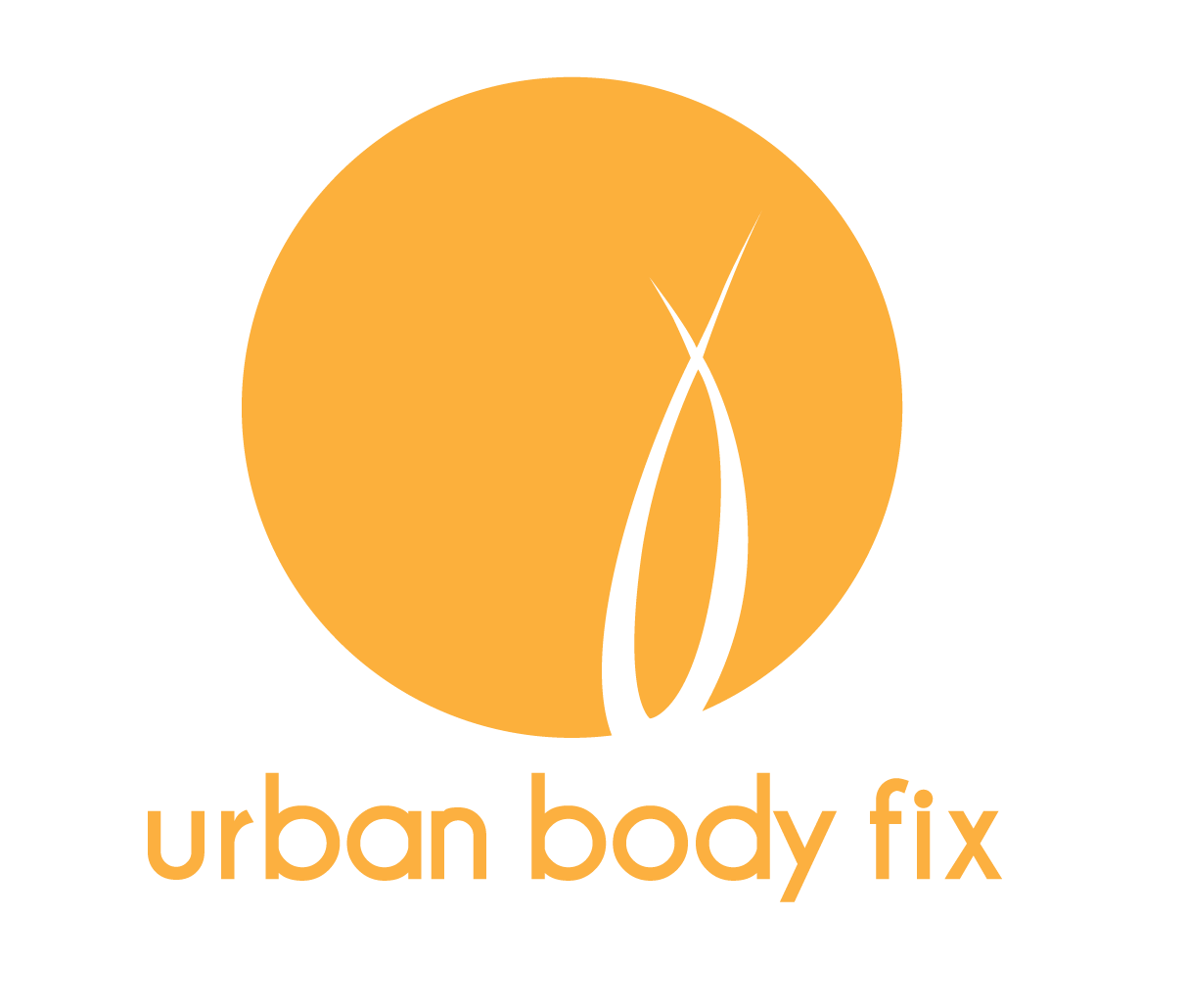Keys to a Healthy Heart as Weather Gets Colder
Ready for snowy days, bundling up, and even the chance for a seasonal polar vortex? Shoveling snow can be rough on your back and your arms, and also rough on your heart. Doctors and medical experts advise us to be more cautious when shoveling snow in colder weather to protect our hearts. Our heart health in colder weather needs extra support to help us thrive both inside and outside our homes. Thanks to the pandemic, we are now spending our days more and more indoors. The colder weather creates an environment of an increase in sedentary behavior. Searching for solutions to improve heart health? Holistic habits include an overview of basic heart anatomy and rhythms, along with a discussion on how your meals, your supplements, and your mental/emotional/physical status are all interconnected to the quality of your heart health.
The anatomy of the heart is divided into four chambers: the top right atrium and left atrium, and the bottom as the right ventricle and the left ventricle. Blood in the body flows from the right heart ventricle into the pulmonary artery and lungs for exchange of oxygen/release of carbon dioxide, and returns into the left heart ventricle. The heart electrical system produces various rhythms. Normal rhythm is called sinus and abnormal rhythms or arrhythmias are identified as atrial arrhythmias, junctional arrhythmias, ventricular arrhythmias, blocks, or arrests. A heart rate too fast is tachycardia. A heart rate too slow is bradycardia.
Meals that help support our heart health are higher in whole grain, fibers, vegetables, and fruits. Reducing caffeine, sugar, salt, alcohol, smoking will also benefit a healthy heart.
Supplements including healthy fatty acids (omega 3s), OPC-3, and Heart Health Advanced can help support our arteries and circulation in our bodies. The nutraMetrix Heart Health Essential Omega III Fish Oil with Vitamin E helps with blood pressure levels. Isotonix OPC-3 has bioflavonoids that work together to protect and strengthen your blood vessels. Heart Health Advanced has antioxidants ingredients that include indian gooseberry and prickly pear, that can aid in regulating levels of cholesterol to help your heart function better.
Dealing with our mental and emotional feelings are crucial to improving our heart health. Find a way to discuss your emotions and ideas with trusted friends or family members. This provides a chance to heal from emotional wounds. Our emotions of sadness,
fear, or anxiety can add to bodily tension and harm the circulation of the heart. From a holistic perspective, daily exercise, yoga, mediation, or gratitude journaling can help reduce tension and increase our positive emotions to promote wellness that is good for heart health and overall well-being.
A happy heart equals a healthy heart during the colder weather.
References
Hazards of Shoveling Snow?
Dr. Weil
https://www.drweil.com/health-wellness/body-mind-spirit/heart/hazards-of-shoveling-snow/
Can shoveling snow put your heart at risk?
By Robert H. Shmerling, MD
https://www.health.harvard.edu/blog/can-shoveling-snow-put-your-heart-at-risk-2017120612887
Dr. Ross Trattler N.D., D.O./Dr. Adrian Jones N.D.
Better Health through Natural Healing-How To Get Well Without Drugs or Surgery
Second Edition (2001)-p. 268-276
Mediation: A simple, fast way to reduce stress
Mayo Clinic
https://www.mayoclinic.org/tests-procedures/meditation/in-depth/meditation/art-20045858
Jane Huff- ECG Workout: Exercises in Arrhythmia Interpretation Interpretation
Wolters Kluwer Health/Lippincott Williams & Wilkins, Sixth Edition (2012)-p. 3, p.5,p.8,p.101, p.155, p.213
‘About Arrhythmias’
American Heart Association
https://www.heart.org/en/health-topics/arrhythmia/about-arrhythmia

